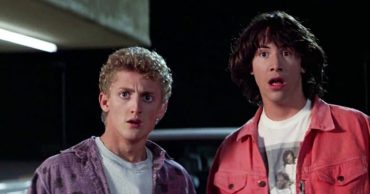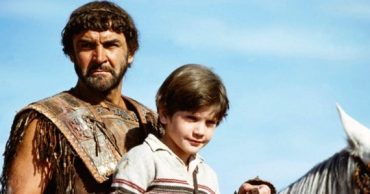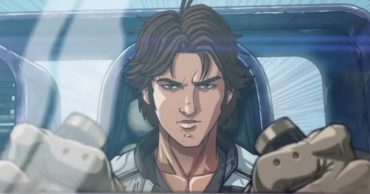Erik Killmonger (Michael B. Jordan) is officially dead in the MCU canon. Sadly, the character didn’t get the Thanos treatment that he truly deserved in Black Panther. While the first film is highly praised by fans and critics, it’s hard not to notice just how rushed Killmonger’s arc was in the first feature. Erik Killmonger is a dynamic character in Black Panther.
The son on a quest for revenge after the death of his father is a tale as old as time. The biggest issue is that his arc isn’t given much time to truly develop since the whole vibranium plot dominates a good portion of the story. Though his character was killed off in the end, that doesn’t mean that his story still can’t be told. Erik Killmonger has a complex story in the comics and it deserves to be told in a live-action format.
The Relationship Between Ulysses Klaue and Killmonger Could’ve Been Better Developed

The twist of Killmonger putting an end to his partnership with Ulysses Klaue (Andy Serkis) didn’t pack much of a punch because there was barely enough focus on the nature of it. In the comics, following the death of his father N’Jobu, the partnership between Klaue and Killmonger wasn’t so 50/50 as it was in Black Panther. Understandably, it makes sense why Ryan Coogler didn’t take the route of making Killmonger a slave to Klaue.
However, the most fascinating aspect of Killmonger is the emotional effects he’s had to deal with after the death of his father. Documenting his slow descent by teaming with the black arms dealer would give us a better understanding of his mindset. More importantly, it would better highlight the nature of their relationship. Were they friends? Or simply colleagues?
There’s a compelling way to tell this story without giving away the twist that Killmonger eventually betrays Klaue. Perhaps the latter was a father figure that he desperately needed in his life. Whatever direction that’s chosen here, the important thing is to give more weight to their dynamic so the betrayal doesn’t feel like an afterthought.
Killmonger Elite Fighting Skills Could’ve Been Showcased

Killmonger joined the military forces as a black ops soldier. Spending time with him during his dangerous missions would open so many layers to his character in the film. First, it would emphasize just how dangerous he is as the man is an elite fighter in martial arts, combat firearms, and psychological warfare. In fact, it would explain how he got the Killmonger name due to slaughtering so many of his enemies.
Another key aspect is the crew that he forms that helps him and Klaue steal the vibranium in Black Panther. Their roles have little impact as well. So when Klaue kills them off, it feels meaningless because we don’t even know the first names of these characters. Putting the spotlight on them and Killmonger would help rectify that situation and give them a much-needed dimension.
Though Killmonger beats T’Challa (Chadwick Boseman), he never truly feels like a threat because the result seems obvious. Thanos murdering some of the most important characters in the MCU helped put him over as a gigantic threat. However, it was his reasoning for his actions that made him such a remarkable villain. Showcasing Killmonger’s time as a black ops soldier can bring out that same effect, even though we ultimately know that he dies in the end.
His Obsession For Revenge Would’ve Put Over How Personal The Story Is

We understood Killmonger’s arc towards the end of the film. However, he should’ve been the sole focus from beginning to end. Black Panther had the perfect set-up and the story could’ve easily focused on his obsession with getting revenge. Getting these personal and intimate moments helps bring out the emotional scars that’s been weighing on his mind.
More importantly, it moves him past a generic villain. Killmonger actions are certainly evil, but his motivations are understandable. It would’ve been great to document how much the death of their father has been eating away at him. Highlighting his quest for revenge would make his arc feel more personal. This would bring a fresh perspective on heroism and the dangers it could have on regular citizens.
 Follow Us
Follow Us



